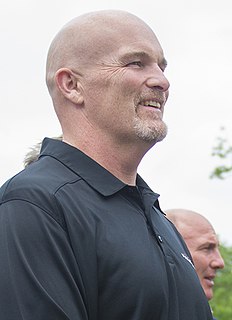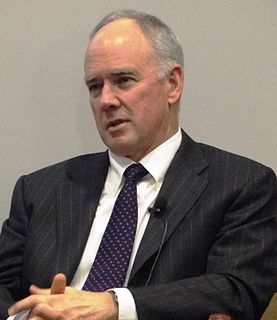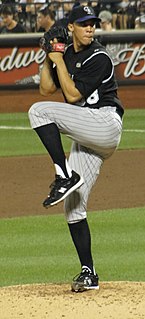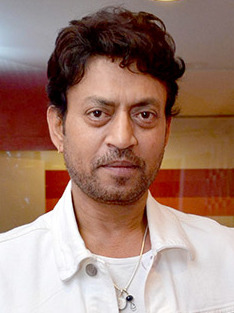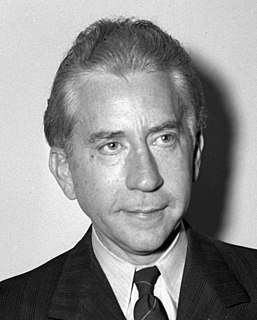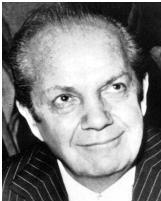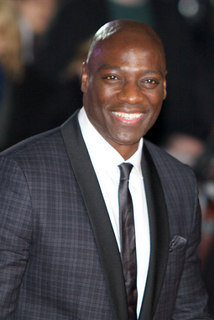A Quote by Jake Arrieta
Early in my career, I wasn't good in the strike zone early. I was good in the strike zone late, which is not a good thing.
Related Quotes
I'm the kind of guy who, if I look inside and they throw me a fastball outside, and it's a strike, I'm going to swing. Everything in the strike zone, I'm going to swing. Doesn't matter if it's a fastball, changeup, breaking ball. If it's in the strike zone and it's something you like, you've got to swing.
I did three of the original 'Twilight Zone' episodes, yes. Also, I did a little thing in the feature film, and then I wrote one of the episodes in 'The Twilight Zone's last round where I starred with Cloris Leachman and my daughter Liliana in a true sequel to 'It's a Good Life.' So, yes, I have a good 'Twilight Zone' alumni jacket.
We try to exert a Ted Williams kind of discipline. In his book The Science of Hitting, Ted explains that he carved the strike zone into 77 cells, each the size of a baseball. Swinging only at balls in his "best" cell, he knew, would allow him to bat .400; reaching for balls in his "worst" spot, the low outside corner of the strike zone, would reduce him to .230. In other words, waiting for the fat pitch would mean a trip to the Hall of Fame; swinging indiscriminately would mean a ticket to the minors.



